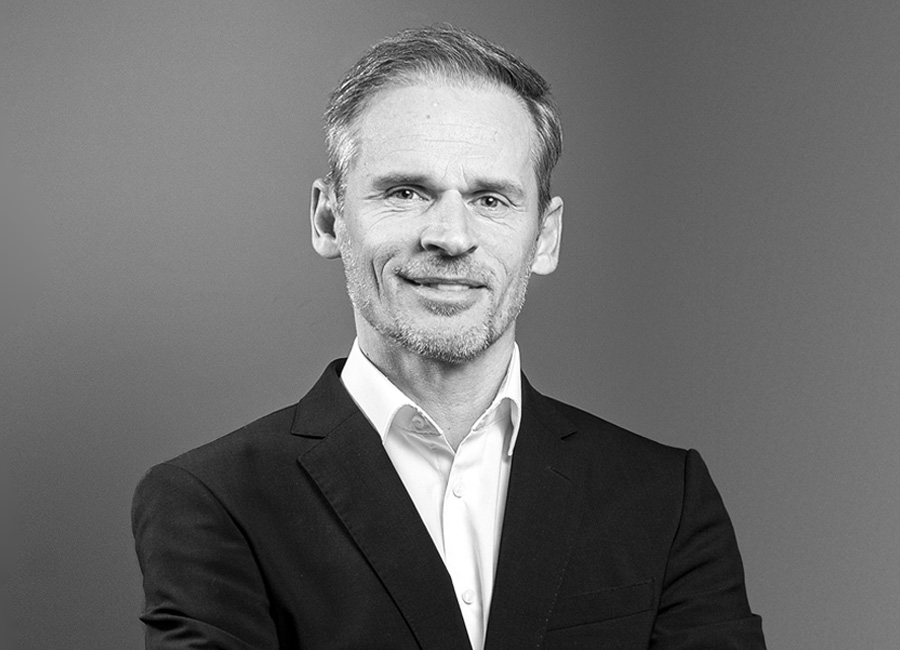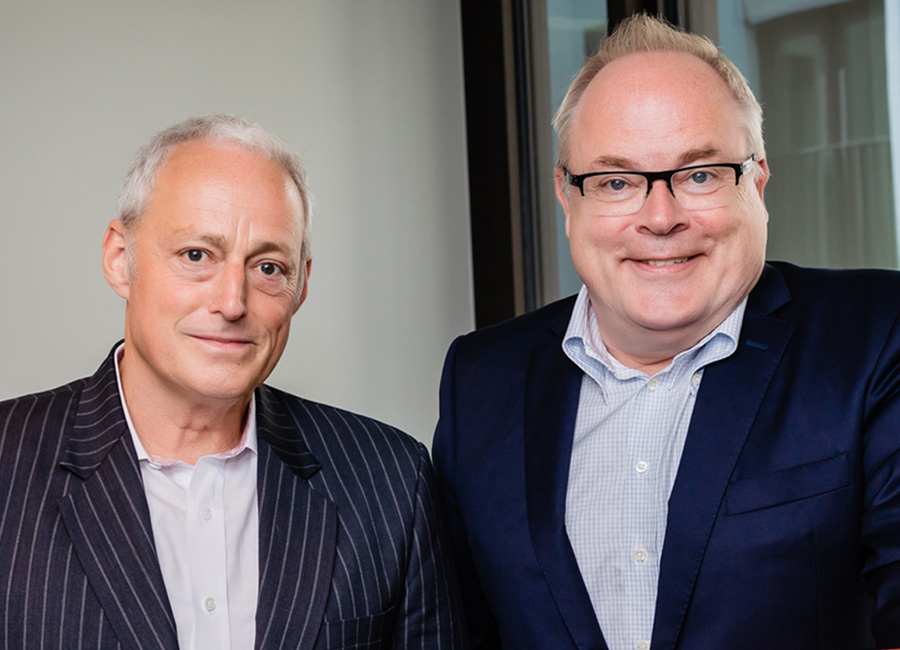
According to official figures, the turnover of furniture manufacturers and retailers fell by 5 to 7 per cent last year, with a drop of almost 12 per cent for living room, dining room and bedroom furniture. enomyc industry expert Marc Fahrig spoke to Jan Kurth, Managing Director of the German Furniture Industry Association (VDM/VHK) and Markus Meyer, President of the German Furniture and Kitchens Trade Association, about the causes of the crisis, current priorities and new opportunities.

It’s a horror scenario for any company: losing one your highest-revenue customers. The management wants to know how the loss will affect the operating result. The consequences for turnover, inventory, material and personnel costs also need to be identified as quickly as possible. In theory, this is the time for management control. In practice, however, this is often hopelessly overwhelmed.

There is currently hardly a statement from company representatives that does not contain a complaint about the lack of skilled workers and managers. While politicians are endeavouring to make Germany more attractive to qualified people from all over the world, the consequences of the shortage are becoming increasingly noticeable. For experts and business representatives, it has long been one of the biggest obstacles to growth in our country. “Lamenting doesn’t help, we have to take matters into our own hands”, is the credo of enomyc author Wolfram W. Hackbarth. No sooner said than done. He has developed a training programme for his SME customers that prepares career changers for their tasks as specialists and managers in a short space of time.

New kitchen, new bed, new desk: during the pandemic, but also afterwards, Germans have invested heavily in their own four walls. The good mood has now evaporated. In this interview, Marc Fahrig, sector and retail expert at enomyc, explains the reasons behind the turnaround and how retailers and industry can meet the challenges.

Forecasts are difficult, especially when they concern the future. What sounds so flippant and easy is often a great burden in everyday business life, as most decisions have to be made under great uncertainty. Nobody knows what the future holds and which decision will turn out to be the right one in the end. In their article, our enomyc authors Stefan Frings and Mario Trapp show how modern business intelligence and business analytics solutions can also help SMEs to make better-informed and therefore sounder decisions.

enomyc has reason to celebrate: what began as a two-man operation in an office overlooking the River Elbe has developed into one of the leading management consultancies for SMEs over the past 20 years. What was the start like 20 years ago? What have the founders learnt in the years that followed and what are their plans for the future? A conversation with Martin Hammer and Uwe Köstens about difficult start-ups, the power of mindset and sweeping your own backyard.

Sustainable corporate governance, also known by the abbreviation ESG, at first seemed to be a topic that mainly concerned large corporations. However, it has been clear for some time that, beginning in 2025, many medium-sized companies will also have to report on sustainability in accordance with the requirements of the so-called Corporate Sustainability Reporting Directive, or CSRD for short. What exactly will be expected of companies then? Can sustainability be measured at all, and if so, in what form?

People and companies in a state of emergency: Ralf Ehret has definitely experienced them. Over the past 30 years, the financial expert has helped hundreds of entrepreneurs get back on track. As our partner and Head of Debt Advisory, he is now building up a new business unit. What made him change sides after more than 30 years in banking? Why is integrity one of the go-to qualities of debt advisors? And how is it possible to develop a "growth mindset" despite having one's back to the wall?

In der Immobilienwirtschaft schien es in den vergangenen Jahren nur eine Richtung zu geben: nach oben, und zwar ganz steil. Doch Corona, Ukrainekrieg und die dadurch hervorgerufenen Lieferkettenprobleme haben den Boom ins Stocken gebracht, Material und Kapazitäten sind Mangelware. Wie geht es weiter? Welche Entwicklungen werden den Markt in den nächsten Jahren prägen? Dazu haben wir Matias Otto, Partner und Head of Real Estate, befragt.

During a corporate crisis, many things change, including the relationship between the company and its financiers. Internal regulatory requirements lead to changes vis-à-vis lenders' engagement strategies and new contacts. Communication requirements also increase in many respects. Those who fail to recognise this risk a communicative downward spiral and thus potential existential consequences. Why is correct crisis communication so crucial for a successful restructuring? And how does it work exactly?

Nine out of ten companies are victims of data theft, espionage or sabotage. Practically any company can become a victim, from a small tax consultant to a major international corporation. The extorted ransoms reach ever more dizzying heights and lead many a company into insolvency. Which actors and structures are behind the cyberattacks and, above all, how can one protect oneself? That's what we asked Andreas Persihl.

Cyber-attacks put the crown on polycrisis. They are extremely sophisticated and criminals are often several steps ahead. Experts have long known that attacks cannot be avoided. What matters is how companies react to them. "Incident response" instead of "headless chicken mode": How does that work exactly? What should be the first steps in an emergency? Philipp Seebohm from AON shares insights and recommendations from eight years of cyber risk management.












